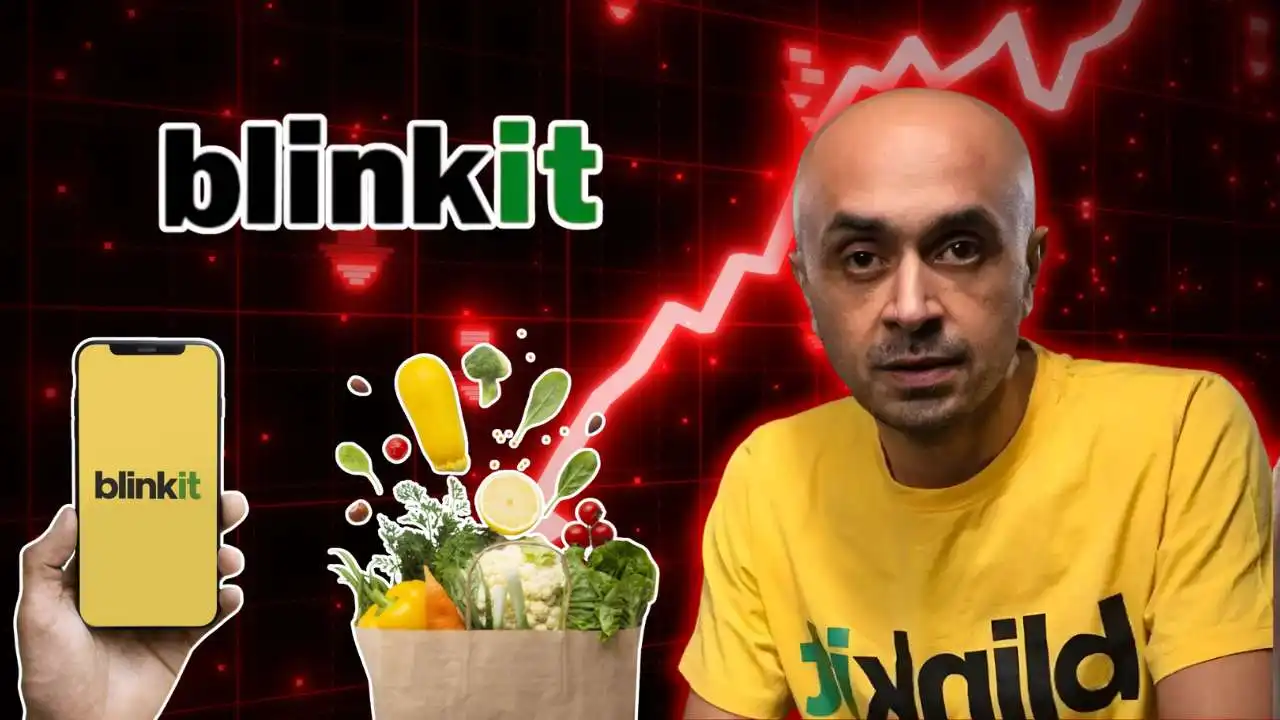India’s startup scene is buzzing again, but not everyone is celebrating. As the festive season picks up pace, Blinkit, one of the biggest names in quick commerce, finds itself struggling to meet growing demand. Meanwhile, Tata 1mg, another big player in the digital ecosystem, is racing ahead with a powerful transformation plan. Both stories reveal how India’s startup world is shifting gears — fast, risky, and full of lessons.
Blinkit Faces Operational Chaos Amid Festive Rush
Blinkit, the popular instant delivery platform owned by Zomato, is facing serious operational hurdles just when it needed efficiency the most. Ahead of the Diwali shopping season, the company has stopped accepting new product listings from upcoming and pre-launch brands until October 31. This move follows growing congestion and delays across its major warehouses in Delhi, Mumbai, Bengaluru, and other metro cities.
The trouble began when Blinkit decided to move from a marketplace model to an inventory-led system. Under this approach, Blinkit directly manages, stores, and delivers products instead of acting as a middleman between brands and buyers. While this model offers greater control over quality and delivery speed, it also demands stronger infrastructure. Unfortunately, the switch happened right before India’s busiest shopping period, putting immense pressure on its warehouse operations. Sellers report delayed pickups and limited delivery slots, leading to missed sales opportunities during one of the most profitable months of the year.
Losses Mount as Blinkit Pushes to Scale
Despite its strong revenue performance — a 2.5 times year-on-year growth reaching around ₹2,400 crore in Q1 FY26 — Blinkit posted a net loss of nearly ₹42 crore during the same quarter. The ongoing disruption might further deepen this loss if the company fails to stabilize operations quickly.
Blinkit’s ambitious goal of setting up 2,000 dark stores across India shows its confidence in the quick commerce boom. However, this recent chaos highlights the growing pains of scaling too fast. Maintaining consistency in delivery speed and product availability is key to staying ahead in a highly competitive market where players like Swiggy Instamart and Zepto are expanding aggressively.
Tata 1mg Powers Ahead with Full-Stack Strategy
While Blinkit struggles to manage its supply chain, Tata 1mg is taking bold steps toward becoming a full-stack healthcare company. The platform, which began as an online medicine marketplace, is now building a comprehensive ecosystem covering pharmaceuticals, diagnostics, and offline services. This transformation allows Tata 1mg to control its inventory, improve quality, and ensure faster deliveries to customers.
The company already operates around 180 retail outlets across India, many of which serve as hybrid stores that support both online and offline orders. It plans to expand this network to 500 outlets by FY26, strengthening its supply chain and reaching more cities.
Lessons for India’s Quick Commerce and Healthcare Startups
The contrasting stories of Blinkit and Tata 1mg highlight two sides of India’s startup growth story. For Blinkit, the challenge lies in execution — scaling efficiently without compromising reliability. For Tata 1mg, the task is to sustain growth while managing high costs and tough competition from brands like Apollo and PharmEasy.
Both cases underline one truth: in India’s fast-changing digital economy, managing operations and timing transitions are just as important as innovation. Quick commerce thrives on speed, but long-term success depends on stability, trust, and strategic growth.
